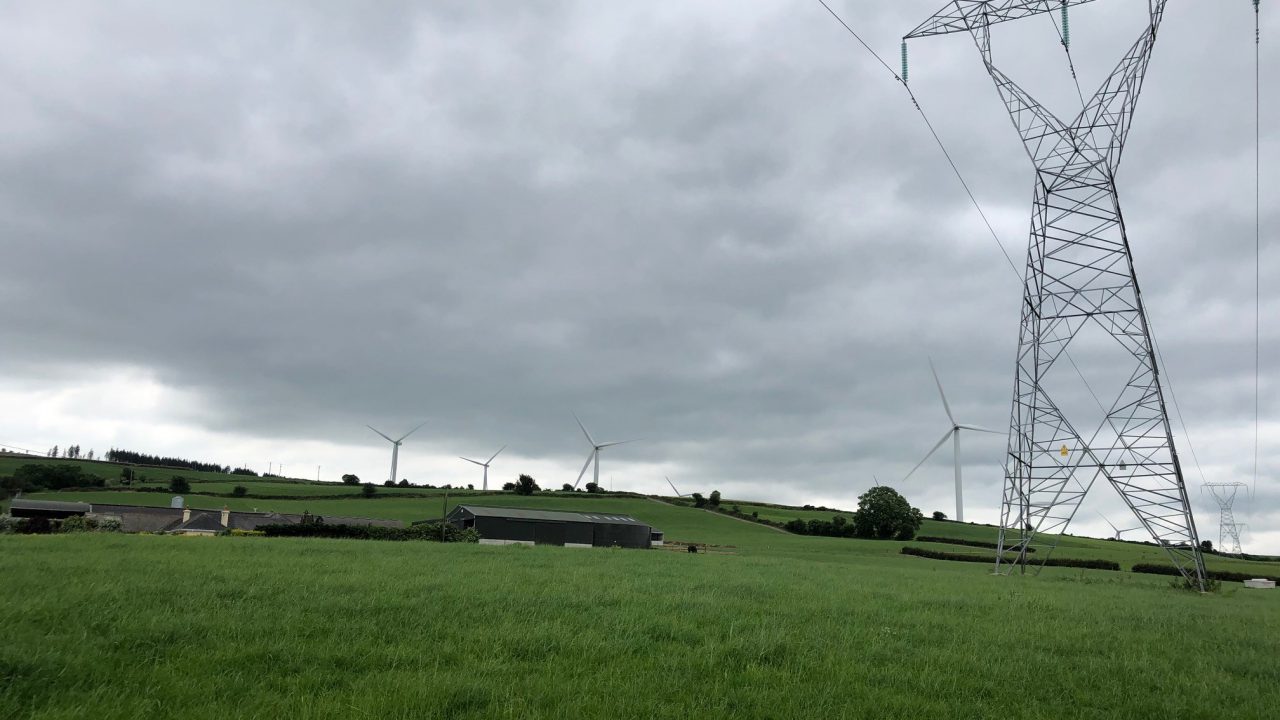The leader of the Rural Independent Group has called on the government to place a cap on all profits generated by the ESB in Ireland.
In a letter to Taoiseach Micheál Martin, Mattie McGrath claimed that Irish households, farmers and small businesses are paying among the highest electricity prices in the world.
“Unfortunately, the government, under your leadership, has either deliberately or otherwise chosen not to intervene in forcing electricity prices down within the State,” the Tipperary TD stated.
Given its 95% stake in ESB, McGrath claimed that the government has a conflict of interest when it comes to decreasing electricity prices “as it benefits from higher prices and profits”.
The TD outlined that the government had received a dividend payment of €126 million as a result of ESB operating profit of €679 million in 2021. He stated that household electricity prices increased by around 70% last year and are forecasted to rise further.
“Does the government believe that a state-owned electricity company should be making record profits at a time when most customers can barely afford to heat their homes?” McGrath asked the Taoiseach.
The Rural Independent Group leader stated that “direct government intervention is now long overdue”, including capping ESB profits which it believes will result “in immediate reductions for all electricity customers”.
The group also reiterated a demand for VAT on fuel and energy products to be reduced to 5%.
ESB
“We have seen all Irish electricity suppliers, including Electric Ireland, blame rising natural gas prices globally for record increases. However, the facts do not fully support this contention.
“Last October, figures emerged showing that ESB power plants earned profits of between €132,000 and €138,000 an hour at different times between July and September,” Mc Grath stated.
“While some government TDs have been raising this issue, most have purposefully shielded the government from blame, instead calling on regulators to act.
“We believe that while the Commission for Regulation of Utilities (CRU) has a role here, that any such process would be protracted and may yield little to no useful outcome for ordinary households,” the Rural Independent Group leader said.
